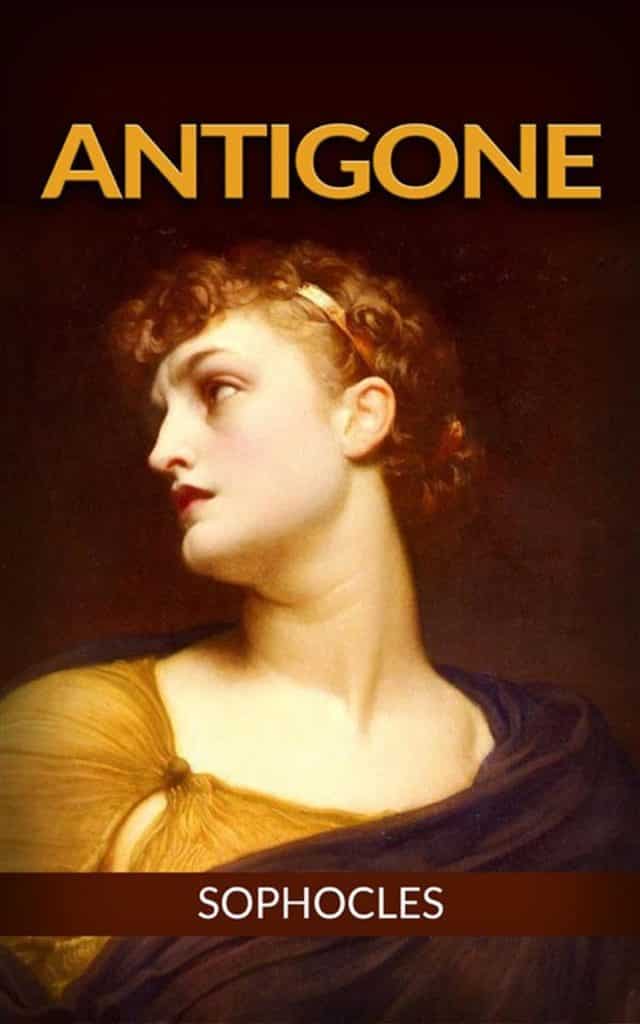In Greek Legend, Antigone is the daughter born of the inadvertent relationship between Jocasta and her son Oedipus. The tragedy by Sophocles is narratively anteceded by Oedipus at Colonus and Oedipus Rex and forms the third installment of the Oedipus trilogy. Over the years, there have been multiple adaptations of Antigone, including musical compositions, stage, and film, which shows that many themes in the play are still relevant to the world today. However, the play is over 2000 years old. Therefore, since Antigone is frequently staged worldwide, the play is still relevant to a modern audience. Besides, contemporary incidents and themes, including sexism, democracy, and family conflicts, are analogous to the play, underscoring its relevance today.
Sexism is an overarching concept prevalent in Antione and relevant in today’s society. Sexism refers to discrimination or prejudice based on gender, particularly girls and women. Just as in contemporary society, sexism in Antigone is applied against females and functions to maintain male domination or patriarchy through material and ideological practices of institutions, collectives, and individuals that oppress girls and women on a gender basis. The conflict between Antigone and Creon is the play’s best depiction of sexism since Creon, the new king is appalled that one of his subjects, particularly a woman disobeys him.
Creon complains much about what men and women should and should not do and considers losing to Antigone as a disgrace to manhood. Creon states, “We have to…never let women get the better of us…if we must fall, better to fall to a real man and not be called worse than women” (Sophocles). To Creon, men are supposed to be rulers, while women are expected to obey and submit. Many communities today continue to feature overt sexism like hiring women for their looks, demonizing traditional ‘unladylike’ behavior, and glorifying that considered feminine in the media. In both cases, sexism is harmful to the health of society and promotes gender discrimination.
Democracy is another prevalent theme in today’s society and the play. Democracy is a universal concept and a system of government where major undertakings such as leadership, policies, and laws of a polity are directly or indirectly decided by citizens. In Antigone, various struggles related to democracy take place concerning different elements of political, ethical, and social thought. The struggles include the right to rule, leadership roles, citizens’ roles, disobedience, and piety. Notably, Greece, the play’s setting, is the foundation of today’s political thought and institution, which makes the audience discover parallels between Antigone’s tensions and those persisting in contemporary society. For instance, the struggle between authoritarianism and democracy is the main theme depicted by Creon, the newly appointed king, and Haemon, his son.
Creon favors blind obedience to authority and no criticism hence going contrary to the notion of Greek democracy. Contrarily his son thinks that it is important for a good leader to listen to good counsel and be open-minded because it promotes democracy. Haemon states, “For any man, even if he’s wise, there’s nothing shameful in learning many things, staying flexible” (Sophocles). Haemon confesses his devotion to his father, who is delighted because his obedience means loyalty from a son and citizen alike. Democracy is a recurrent theme today as people continue to fight for civil liberties and political rights around the world as citizens seek equal treatment of people regardless of gender, race, sexuality, age, ethnicity, or other individual characteristics.
Family conflicts are a common theme in the play, as it is in today’s society. The play opens with Ismene and Antigone discussing the deaths of their brothers Eteocles and Polyneices. After their father exiles himself, leaving Polyneices and Eteocles to inherit the throne, disagreements cause the brothers to fight when Polynieces is exiled from Thebes. Later Polyneices returns with an army to take away the throne from Eteocles, a fight that leads to the death of both brothers. Similarly, Antigone confronts her uncle Creon about how Polyneices’ body should be treated as he is considered a traitor. Crone also conflicts with his son when they differ about the meaning of obedience, loyalty, and criticism in leadership. Today, sibling rivalry and family conflicts occur when family members have different beliefs or views that clash, which makes the play relatable. The play emphasizes that no matter how loving a family is, each family encounters conflicts that can either break families or bring members closer.
Conclusively, most of the overarching concepts in today’s society, including family conflicts, democracy, and sexism are analogous to the play Antigone, although it is over 2000 years old. The relevance of the three themes makes the play relatable to today’s audience, which explains why Antigone has been adapted in film, stage, and musical compositions and continues to inspire world literature. As such, the play is not only the depiction of a Greek tragedy but a fearless and bold medium of representing universal themes that highlight human suffering, obsessions, flaws, political struggles, power, injustices, and other factors applicable to human nature.
Works Cited
Sophocles. Antigone. ReadHowYouWant. com, 2008.

